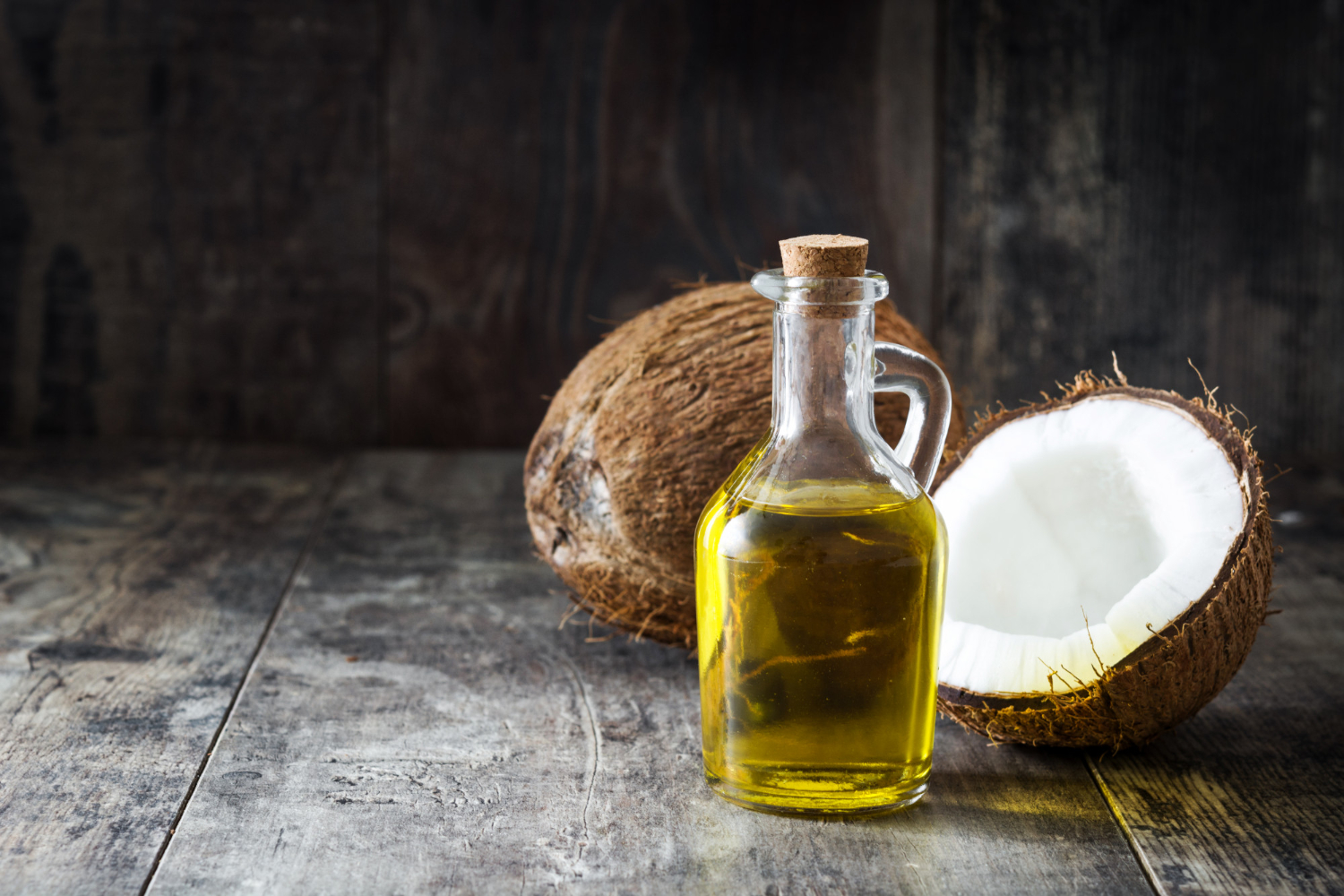
Virgin Coconut Oil (VCO)
Virgin coconut oil is the purest form of coconut oil. It has the goodness of coconut oil as a whole. It is just the coconut oil; nothing is added or removed. There are two methods of processing coconut meat to extract coconut oil, wet method and dry method.
The process involved in manufacturing coconut charcoal is simple yet involves greater attention to the coconut shell preferred in the production.
Wet Method and Dry Method
The wet method, in turn, has three ways of extracting VCO.
Conventional Fermentation Method
Here, the white meat is squeezed to extract milk. The milk is then fermented when the VCO separates as a layer, which is carefully removed. The residue cannot be used for any other purpose, as it will have a bad odor. This method is used for very low-capacity production of VCO.
Continuous Heating (Warming) Method
Here, the milk extracted from the coconut meat is heated at low temperatures for a long time when the VCO separates. This is also due to the low production capacity.
Centrifuge Method
Here, the milk is processed through centrifuges, either tubular or plate-type centrifuges. Here, the leftover milk can be further processed to get flavored milk as a value-adding product. Very close monitoring and maintenance are required in this process. The moisture content in the extracted VCO is to be removed.
Dry Method
In this method, the white meat is pulverized and dried in a dryer at a low temperature to obtain desiccated coconut (DC) powder. There are two ways of extracting VCO from the DC powder.
Screw Expeller
In this method, DC is fed as input to the screw expeller. Output is VCO and coconut flour.
Hydraulic Press
In this method, DC is the input, and the output is VCO and medium-fat DC. In the dry process line, we get 3 marketable products: DC, VCO, and coconut flour/medium fat DC.